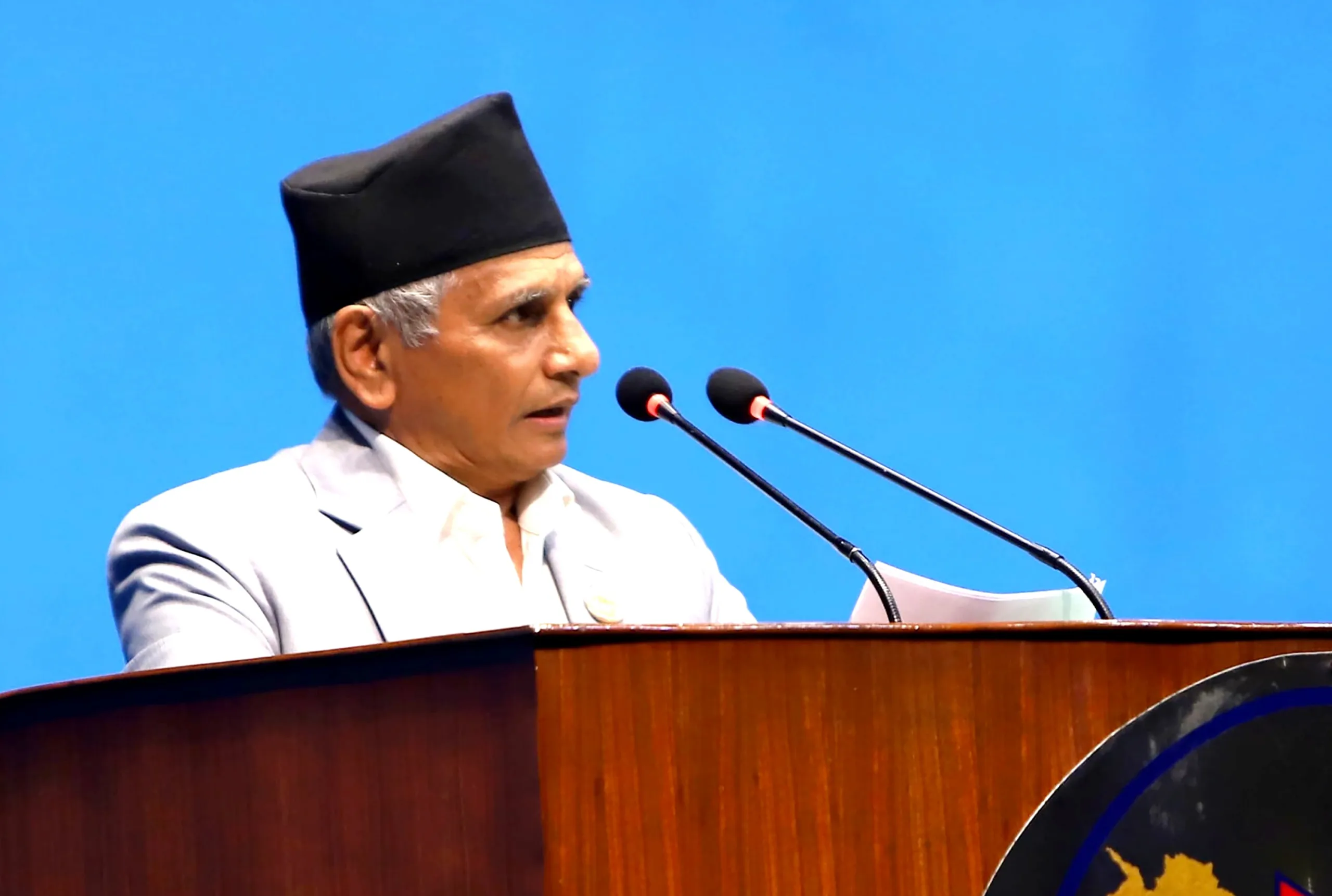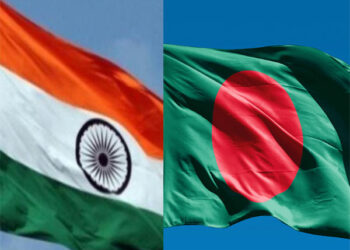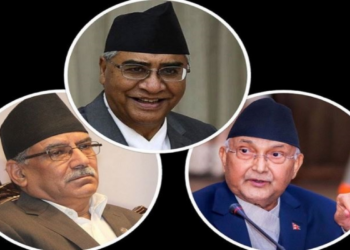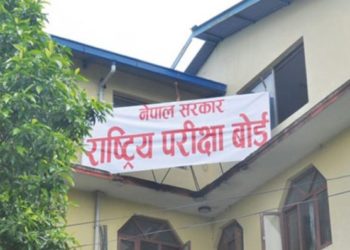KATHMANDU: Chief Whip of the CPN (Maoist Centre), Hitraj Pandey, stated that confusion has arisen because the main opposition party, the Nepali Congress, and the then ruling coalition partner, CPN (UML), failed to make public the agreement they reportedly reached for forming a new government.
Participating in the discussions on the proposal seeking a vote of confidence in today’s House of Representatives meeting, Chief Whip Pandey criticized the two largest parties in Parliament for not disclosing their agreement, causing confusion among the citizens.
Pandey highlighted that the current government has taken initiatives toward maintaining good governance, increasing capital expenditure, and boosting production growth.
He accused the Nepali Congress and the UML of misleading the people by not revealing the details of their agreement.
“They should have made the agreement public earlier. The Nepali people cannot be left in confusion like this. Why have the details of the agreement between the two parties not been disclosed?” questioned Pandey.
He argued that discussions should involve all parties to forge national consensus, and that an agreement between just one or two parties on power sharing does not constitute national consensus.
Chief Whip Pandey demanded transparency, asserting that the sovereign Parliament and the people have the right to know about the agreement.
He alleged that the two major parties in Parliament have altered the political power equation just as the current government began intensifying its good governance campaign by addressing public concerns.
Pandey warned that the nation risks regression if amendments to the constitution, based on the sacrifices and dedication of the people, curtail their rights.
He also warned of resistance from both the parliament and the streets if such amendments were pursued.
Supporting the Prime Minister’s efforts, Pandey urged MPs to vote in favor of the vote of confidence proposal tabled by the Prime Minister.
He called on all parties to move forward by defending the constitution.









Comment